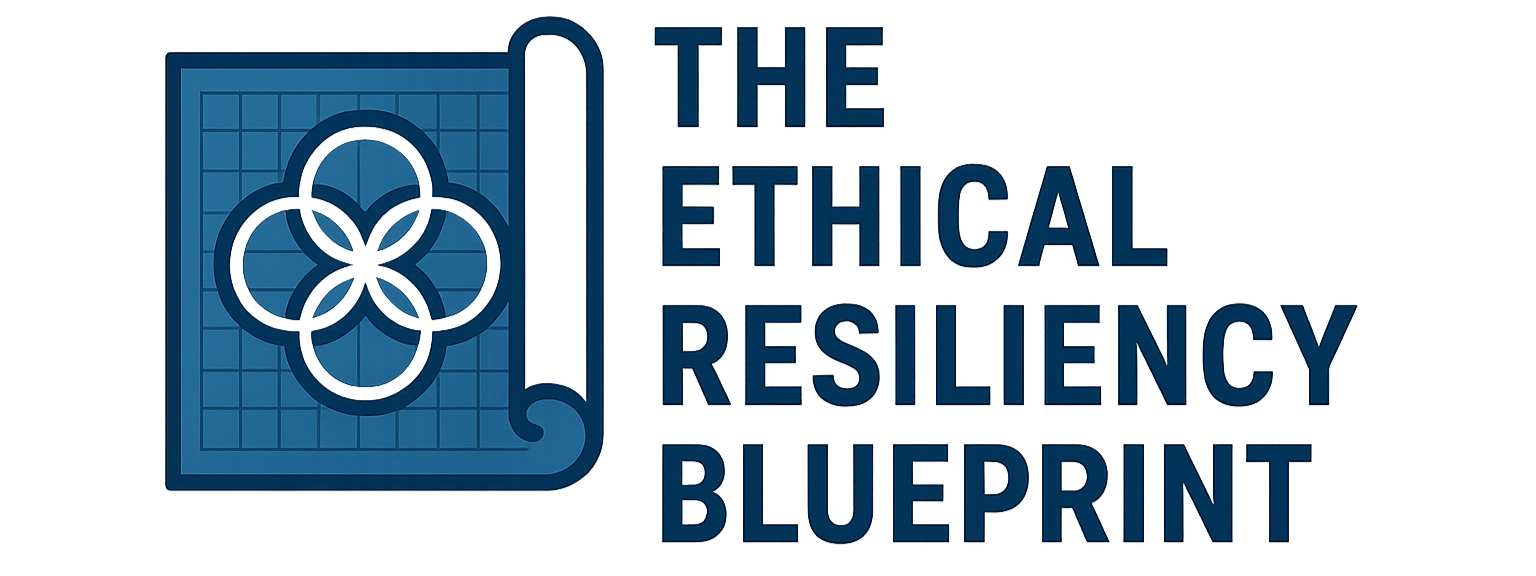Redefining Healthcare Delivery
Data-backed, ready-to-use IP to safeguard your health system's integrity.
healthcare is facing a crisis.
clinicians feel they can't do the right thing for patients.
This moral distress drives burnout and turnover, representing a massive drain on human capital and operational budgets for health systems.

Hospitals already have the solution:
Clinical Ethics Consultation (CEC) services.
However, these services are underutilized because people don't know they exist or how to use them.
It's not a lack of resources; it's a failure of communication.
Solving the Visibility Gap.
We are not merely a strategy team of clinicians, ethicists, and scholars; we are the R&D arm for ethical resilience in healthcare.
What are Clinical Ethics Consultations (CEC)?
CECs are multidisciplinary, on-demand services within a hospital that exist to guide decision-making when a moral conflict or complex ethical dilemma arises in patient care.
They are essentially a team of trained internal experts (including ethicists, nurses, doctors, social workers, and chaplains) who provide a structured process for resolution. They do not dictate decisions; they facilitate consensus and alleviate the moral burden on staff, patients, and families.
Who Can Use the Service?
Anyone involved in a patient's care can initiate an ethics consult, including:
Frontline Staff: Nurses, residents, and attending physicians dealing with conflicting treatment goals.
Patients & Families: Who may feel their values or wishes are being ignored.
Administration: Dealing with resource allocation or complex policy issues.
Why are CECs Used?
CECs function as a crucial de-escalation and risk-mitigation tool in high-stakes situations. They are called in when the conflict is causing delays, distress, or legal exposure. The presence of clinical ethics teams within hospitals is not a modern luxury but a fundamental component of modern healthcare delivery. The importance of these teams is formally recognized by the nation's leading accrediting body. The Joint Commission, which accredits and certifies thousands of healthcare organizations and programs in the United States, requires hospitals to provide access to a mechanism for resolving ethical issues.
Example Case 1:
Withdrawing Life Support: A doctor feels obligated to continue treatment, but the family insists on stopping.
Example Case 2:
Patient Autonomy v. Safety: A capable patient refuses a life-saving procedure against the medical team's advice.
Example Case 3:
Resource Allocation: Debating the use of a scarce resource (like a specific machine or organ) when two patients urgently need it.
The problem.
Awareness Gap: For Advanced Practice Providers (APPs), the primary reason for not requesting a consult was a lack of awareness—33.3% didn't know the service existed.
Access Gap: For nurses, the main barrier was not knowing how to contact the service (30.8%). This also affected APPs (27.8%), indicating a clear need for improved communication channels.
Misconceptions: While many healthcare professionals felt the need for help, a significant number, particularly physicians (41%), stated they "never felt the need for help." This suggests a misunderstanding of the service's full scope, which extends beyond crisis intervention to proactive support.
High Satisfaction, Low Utilization: The data shows that when the service is used, it is highly rated. The median satisfaction scores were high for all groups (Physicians: 76, APPs: 89, Nurses: 70), yet this positive feedback is not translating into increased utilization. This is a crucial point: the service is effective, but people aren't using it.
DOI:10.1186/S12910-021-00613-7.
the blueprint.
Moving beyond generic communication strategies and forgotten internal memos, our solution starts with specialized bioethics research to diagnose the specific behavioral barriers.
We have engineered promotional assets under validated ethical frameworks. This ensures our messaging earns the trust of those using these services. We treat ethics services as supportive, therapeutic tools, while also offering a state of the art coding and tracking systems.
pilot partnership with:
The pilot at
Boston Medical Center
Coming soon…
Hospitals already possess Clinical Ethics Consultations (CEC)—a critical, mandated resource—yet these essential services are wasted due to underutilization. The Ethical Resiliency Blueprint is intended to be a research-validated IP designed to combat moral distress by systematically activating this existing asset. We pilot, test, and sell this core licensing product to mitigate distress, ensure patient safety, and protect your health system's integrity.
-
A multi-pronged strategy:
Behavior marketing, multi-channel campaign: ranging from promotional digital content to targeted digital ads and internal communications.
State of the art coding and tracking system.
Durable assets that act as long-term, passive advertising for the CEC resources.
-
Our team is executing a mixed-methods approach, tracking Key Performance Indicators such as the quantifiable lift in CEC utilization and measuring moral distress in hospitals.
The data generated will provide evidence between our low-cost intervention and a measurable reduction in the conditions that cause major costs to hospital systems, like staff burnout and turnover. This pilot can offer a solution that de-risks future health system investment.
-
The path to scale is designed to transform the results of a single, strategically executed pilot into a high-margin licensable Intellectual Property product for the healthcare market.
The pilot at Boston Medical Center is our dedicated R&D phase, where the seed capital funds the creation of the core assets and generates data proving a measurable ROI in human capital under the guidance of the Harvard Medical School Center for Bioethics. This validation transforms our intervention into The Ethical Resiliency Blueprint, a turnkey, research-validated IP package that is immediately productized.
We aim to scale through a licensing model, selling this blueprint for an annual fee to large Early-Adopter Health Systems, providing them with a low-risk solution to the problem of distress and turnover.
Future growth involves partnering with major HIT/EHR Vendors to integrate our solution into existing hospital communication platforms for mass distribution, with the ultimate long-term vision being to collaborate with organizations like the Joint Commission to establish the Blueprint as a new standard for ethical support.







